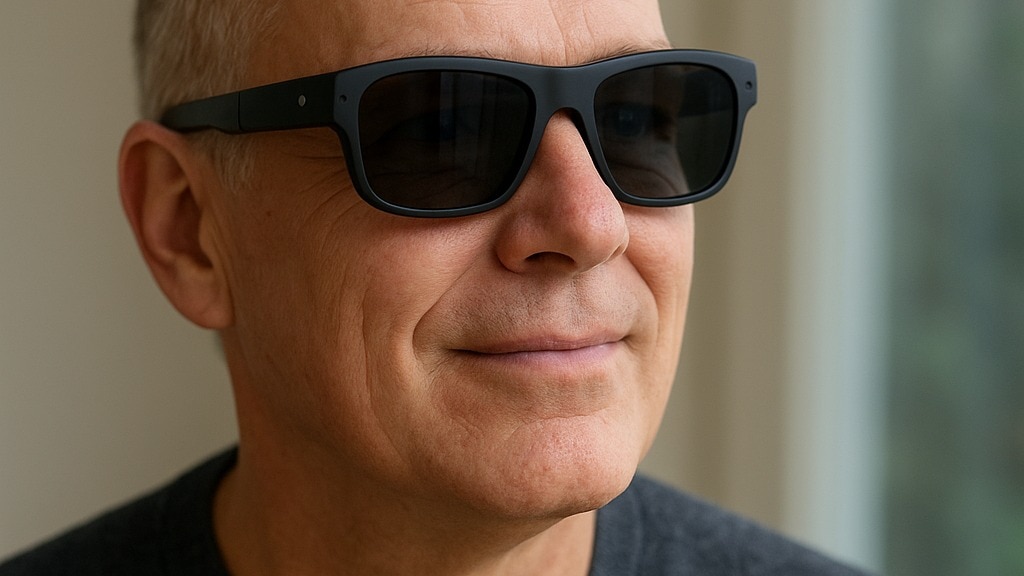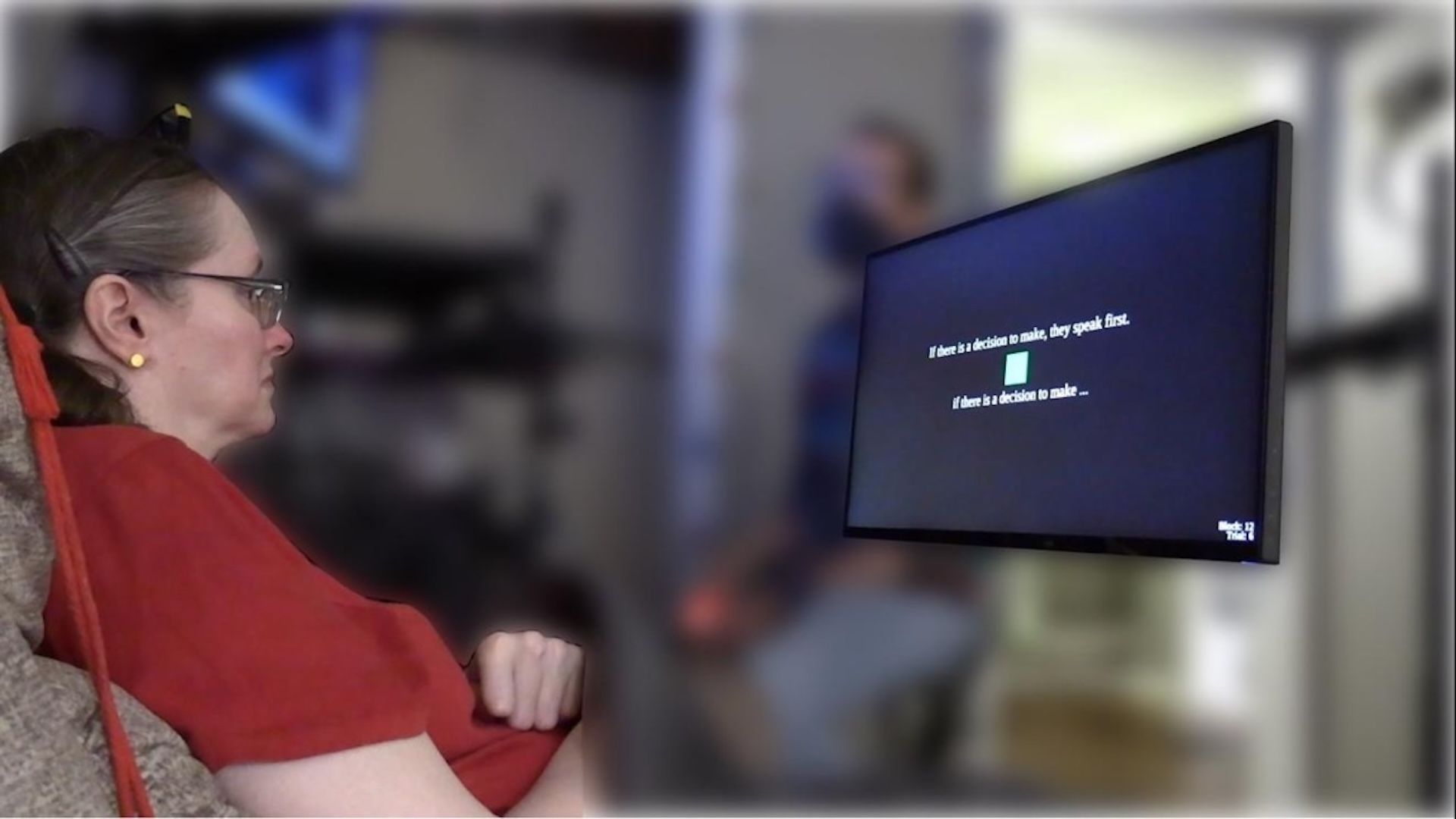You Won't Believe What This Former YouTube Critic Thinks Now!

Once a fierce critic of YouTube, Michael Grade’s perspective has completely flipped. As the former head of ITV, he famously slammed the platform as a "parasite" feeding off the hard work of broadcasters. Fast forward to today, and the chairman of Ofcom is using much more diplomatic language.
Just how did this change happen? In an intriguing twist of fate, Grade’s transformation began after a call from a Google executive congratulating him on the viral success of one of ITV’s biggest shows featuring Susan Boyle. At the time, Grade felt blindsided—ITV hadn’t authorized the show to be shared on YouTube, leading him to feel robbed of potential ad revenue. “So if I go to Harrods and steal a Cartier watch, they ring up and say they want it back, and I give it back, it’s not stealing?” he ranted back then, clearly frustrated.
But now, all that angst is behind him. Grade acknowledges that YouTube has evolved, describing it as “just an Eddie Stobart lorry, with lots of goods on it that people put on and other people want to pay for at the other end.” Despite not being the most flattering analogy, it shows a marked shift from his original stance.
Today, YouTube is no longer the enemy; it poses a real threat to traditional broadcasters like ITV, Channel 4, and even the BBC. According to fresh data from Ofcom, YouTube is inching closer to being the most popular source of video content in the UK, especially among the younger demographic. A staggering 28% of kids aged 4 to 15 prefer YouTube for their viewing pleasure, while the BBC struggles to captivate just 8% of that audience.
Interestingly, more viewers are now tuning into YouTube through their TVs, not just scrolling through their phones. Popular podcasts and shows are finding their way into living rooms, with audiences flocking to them over traditional programming. Grade notes, “They have established themselves in a major way.”
Even Grade, now 82, admits to being swept up in the platform’s charm, as he uses the app for sailing videos and comedy—quite the turn from his earlier reservations.
Back in 2008, he initiated a call to action, confidently stating that broadcasters just needed to produce great content to survive. Today, however, he acknowledges the changing landscape, where traditional media must adapt to stay relevant. “The broadcasters have got to learn to work a lot harder to get the attention of the viewers,” he emphasizes.
Despite the evolution of YouTube's business model, which now shares ad revenues with creators, Grade seems more optimistic than ever about the future of broadcasting. “The business model has developed quite a bit now—they’re much better at sharing revenues,” he reflects.
And it’s not just the old guard under threat. Channel 4 and ITV have begun to embrace YouTube, sharing full-length episodes to attract younger viewers who might never engage with their services otherwise. This move reflects an acknowledgment that traditional broadcast methods may no longer cut it in the digital age.
Surprisingly, there’s evidence that this gamble is paying off. Channels like The Graham Norton Show and River Monsters have amassed millions of subscribers on YouTube, showcasing a new way to connect with audiences.
However, amidst the excitement, there’s a concern that these platforms might overshadow the public service ethos that broadcasters are meant to uphold. Grade argues, “We don’t want all the news to be somebody’s agenda.”
Ultimately, it’s a testament to the adaptability of media. As Grade wisely points out, “The watchword of my entire broadcasting career has been to never underestimate the audience.” And in a world where content is king, that lesson is more relevant than ever.



























